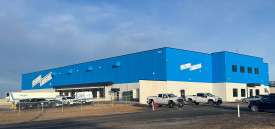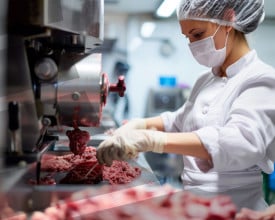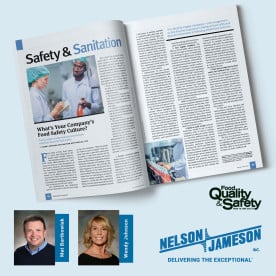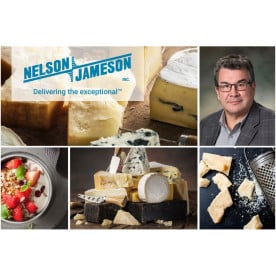Monthly Archives: May 2012
- May 01, 2012
The idea of food defense has been on the minds of many of us at Nelson-Jameson, Inc., especially since September 11, 2001. The actions of terrorists in this country have brought a wide variety of changes and improvements to the food business, including everyone involved from farm to fork. We are proud to be an important link in the food industry chain.
As a distribution warehouse for a large variety of food ingredients and food grade chemicals, we have implemented policies and procedures to protect our products and the process of getting them to customers. Annually, Nelson-Jameson, Inc. undergoes vigorous inspections by third-party auditing firms such as American Institute of Baking (AIB). Currently, we are working on our SQF 2000 (Safe Quality Food) certification to become one of the newest members of this globally-recognized food safety alliance.





